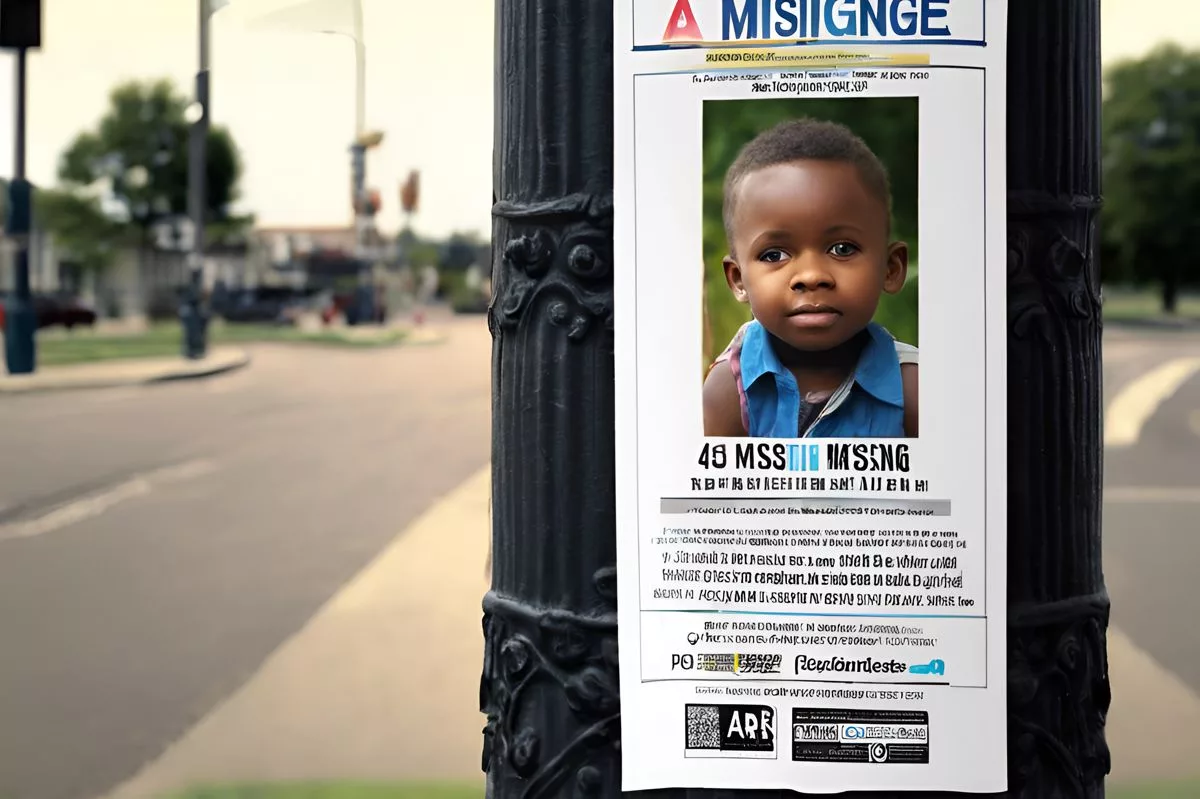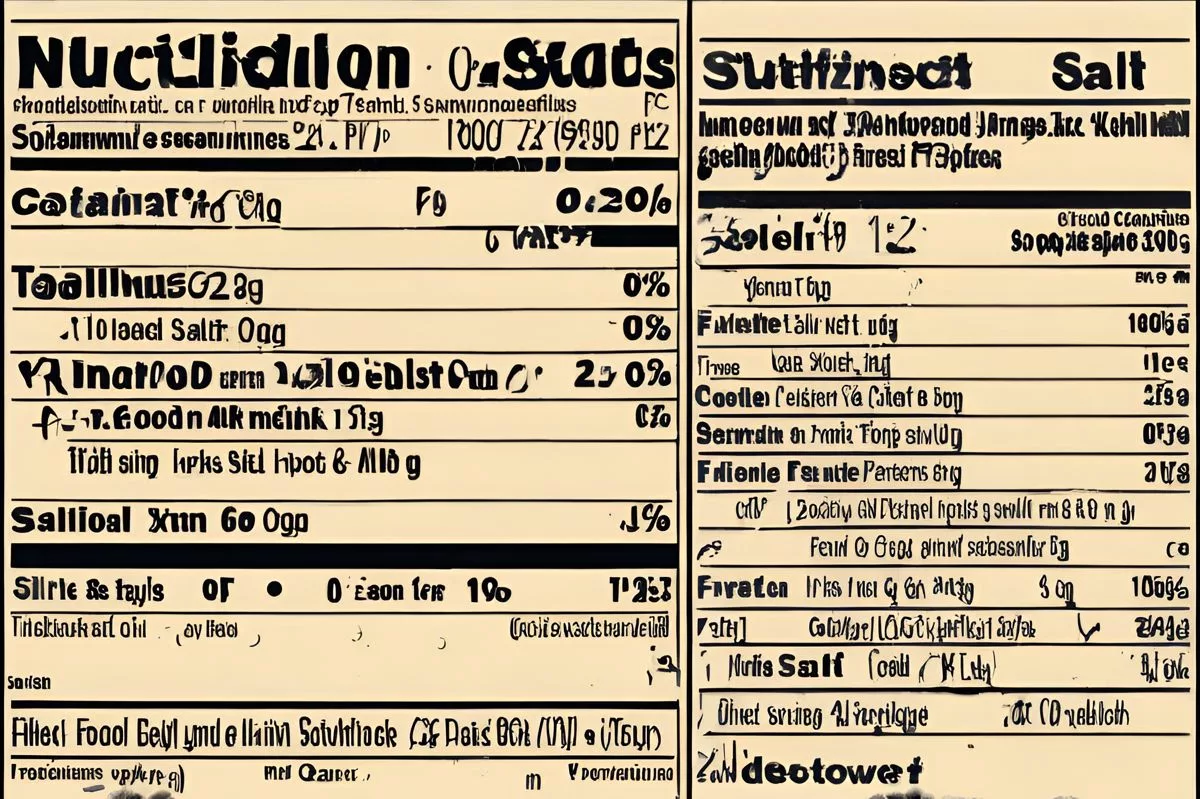Kidnapping cases are increasing in South Africa, with over 1,300 documented kidnappings per month and a 260% increase in police reports of kidnappings in the past ten years. Financial gain is a significant motivator behind these crimes, and the situation may be even more dire than reported due to fear of reprisal from abductors. The Gauteng province is the most severely impacted area, and prompt action is needed from the government, law enforcement agencies, and society to address this horrifying reality.
An Unsettling Surge in Kidnappings
South Africa is facing a soaring rise in reported abductions, causing a wave of panic throughout the nation. The figures published by Missing Children SA are staggeringly high, with over 1,300 documented kidnappings per month. The past ten years have witnessed a shocking increase of 260% in police reports of kidnappings, according to data from the Institute for Security Studies (ISS).
An Unsettling Surge in Kidnappings
South Africa is facing a soaring rise in reported abductions, causing a wave of panic throughout the nation. The figures published by Missing Children SA are staggeringly high, with over 1,300 documented kidnappings per month. The recent vanishing of young Joslin Smith from Saldanha Bay has spotlighted this grim issue. The increasing trend of kidnappings, specifically those targeting children from wealthy households, has ignited a countrywide discourse.
The National Coordinator of Missing Children SA, Bianca van Aswegen, has been leading this conversation. She reveals that the rising number of documented child and adult abductions is profoundly unsettling and consistently rising. Van Aswegen indicates that financial gain is a significant motivating factor behind these crimes. However, these abductions are not confined to attempts to extract a ransom. Various situations like parental abductions, opportunistic kidnappings, and cases of human trafficking are also encountered by Missing Children SA. Ransom-related incidents make up a mere 5% of these cases, implying that two individuals are abducted daily.
The Alarming Statistics and Realities
The past ten years have witnessed a shocking increase of 260% in police reports of kidnappings, according to data from the Institute for Security Studies (ISS). The latest crime statistics from the South African Police Service paints a dismal image: an annual increase of 11% in kidnappings. The number of total cases for the third quarter of 2023 peaked at 4,577. This translates to about 51 daily abductions in South Africa, as noted by Business Tech.
The actual situation might be even more dire than the recorded statistics suggest. These numbers only account for reported kidnappings, but the fear of reprisal from the abductors often discourages victims from reporting ransom-motivated kidnappings. Lizette Lancaster, who manages projects at ISS, points out this grim fact: “The actual number of kidnappings could be significantly higher since many victims might not have reported out of fear of reprisal from the kidnappers.”
Geographical Concentration of Kidnappings
Gauteng province is the most severely impacted area when it comes to regional distribution of kidnappings. Out of 30 identified kidnapping hotspots across the country, an overwhelming 23 – equating to 77% – are located in Gauteng. However, the exact locations of the top five hotspots are still kept confidential.
A Call to Action
The findings from Missing Children SA and ISS highlight an escalating problem for South Africa. The increase in kidnapping is not merely a statistical phenomenon; it is a horrifying reality faced daily by thousands of South Africans. It calls for prompt action from the government, law enforcement agencies, and society as a whole. As we grapple with this intricate issue, we must not forget the individuals whose lives are at risk. The personal narratives, the fear they live in, and the desperate need for their security should shape the conversation and response to the kidnapping crisis in South Africa.
1. What is the current trend of kidnapping cases in South Africa?
Kidnapping cases are increasing in South Africa, with over 1,300 documented kidnappings per month and a 260% increase in police reports of kidnappings in the past ten years.
2. What is the motivating factor behind these crimes?
Financial gain is a significant motivator behind these crimes.
3. Which area is the most severely impacted by this issue in South Africa?
The Gauteng province is the most severely impacted area.
4. Are the recorded statistics an accurate reflection of the actual situation?
No, the actual situation might be even more dire than the recorded statistics suggest due to fear of reprisal from abductors.
5. Where are the top hotspots for kidnappings located?
Out of 30 identified kidnapping hotspots across the country, an overwhelming 23 – equating to 77% – are located in Gauteng. However, the exact locations of the top five hotspots are still kept confidential.
6. What action is needed to address this issue?
Prompt action is needed from the government, law enforcement agencies, and society as a whole to address this horrifying reality. Personal narratives, the fear victims live in, and the desperate need for their security should shape the conversation and response to the kidnapping crisis in South Africa.












